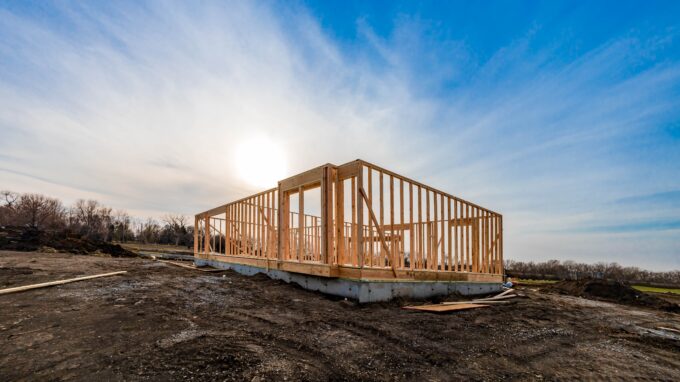The Home Building Act 1989 (“the Act“) places obligations upon contractors who contract directly with home owners to undertake residential building work. We have summarised these obligations in further articles contained on our website.
Consequences of contravening the Act
Pursuant to Section 10 of the Act a contractor who contracts to do residential building work in contravention of certain obligations under the Act, is not entitled to sue for damages or to enforce any other remedy in respect of a breach of the contract committed by any other party to the contract, and the contract is unenforceable by the contractor. The contractor is however, liable for damages and subject to any other remedy in respect of a breach of the contract committed by the builder.
Accordingly, if residential building works are undertaken in circumstances where the contractor does not hold a license to undertake the particular type of residential building work being undertaken, or there is no written and signed contract in place or some other contravention of the Act or Regulations that is prescribed for the purposes of Section 10 occurs, then the contractor is unable to sue for a breach of contract, including the failure of the home owner to pay any outstanding progress payments.
Law of Restitution
Where the requirements under the Act have not been met such that the contractor is prevented from enforcing the contract, a contractor will typically have to pursue an alternative claim for compensation under the law of restitution.
The law of restitution provides a basis for a Court to order that a party pay damages to another party, often a contractor, where the party has received a benefit at the expense of the other party in circumstances where it would be unjust to permit the first-mentioned party to retain that benefit.
In respect of restitution claims for building works, the claim that may be brought is a claim for payment of reasonable remuneration for the work that cannot be recovered under an enforceable contract or contract variation. This means that the contractor would at best be entitled to the reasonable market costs of the work claimed, regardless of what it is asserted was the contractor’s actual or agreed costs for the works.
Quantum meirut limited in some circumstances
Where a contractor contravenes Part 6 of the Act, such that no insurance policy under the Home Building Compensation Fund has been taken out for residential building work over the statutory threshold (currently $20,000.00), Section 94 of the Act stipulates that a contractor is not entitled to recover money in respect of any residential building work under any right of action, including on a quantum meirut basis, unless it is just and equitable.
A claim under the law of restitution is a quantum meirut claim. As such, without proper insurance under Part 6 of the Act, a contractor’s ability to demand or sue for damages pursuant to the law of restitution is limited. As such, where Section 94 applies, despite the market value of the benefit of works to a home owner, a contractor may still be unsuccessful in a restitution claim.
The Takeaway
Regardless of how well or what relationship a contractor has with home owners they are contracting to undertake residential building work for, it is imperative that they comply with the requirements of the Act, including:
- Obtaining a policy of insurance under Part 6 of the Act where necessary,
- Ensuring that contracts and contract variations are in writing and address mandatory requirements, and
- Not undertaking residential building works they are not licensed to perform.
We see too many times scenarios where a contractor fails to have a proper contract, or any enforceable contract, in place because of a relationship they may have with the home owners and a dispute arises causing difficulty in recovering outstanding progress payments. While it may be an annoyance and seem like unnecessary paperwork, it is imperative to have proper contracts in place when undertaking residential building works to minimise your business risk.



























